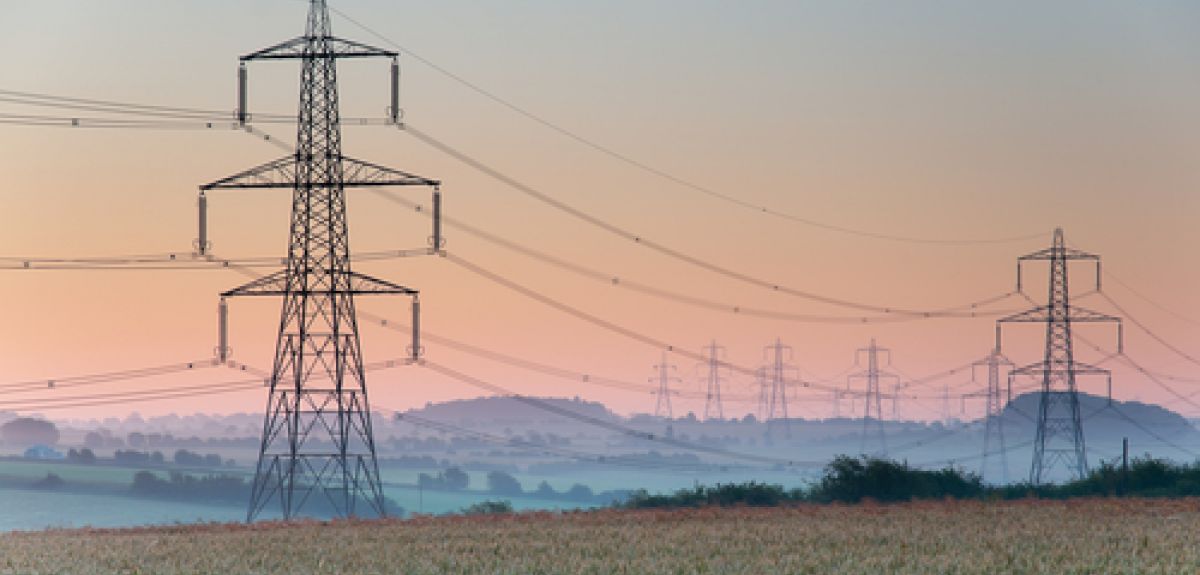
'Water shortages in the UK could disrupt electricity supplies'
New research finds that the country is at risk of future water shortages that could shut down power stations and paralyse electricity supplies.
Although the UK is currently in the midst of floods, researchers from Oxford and Newcastle universities suggest that we can expect drier summers in the decades to come, so policymakers need to ‘strongly consider’ the possible impact of water demands on power supplies. They say there is a risk that the current high dependency on water in electricity generation means that when there are water shortages in the future, power stations will have to decrease production or, in more extreme cases, shut down altogether.
Professor Jim Hall, Director of the Environmental Change Institute at the University of Oxford, co authored the paper, which examines the effects of the government's proposed different energy options in the Department of Environment and Climate Change’s 2011 Carbon Plan. It looks specifically at the effects on future water supplies of the six different energy 'pathways'. The findings are published in the journal, Global Environmental Change.
Until 2030, all six of the government’s possible pathways reduce the amount of water required and lower levels of carbon dioxide emissions, largely due to closures of coal-fired plants under the EU’s Large Combustion Plant Directive. However, from 2030-2050 the different energy pathways present a real divergence in their impact on the UK’s water supplies.
One option in the UK government’s Carbon Plan shows that fresh water consumption could increase by between 30-70% if the UK uses gas and other fossil fuels with high levels of carbon capture and storage (CCS).
Another option, to use high levels of nuclear power, would result in significantly higher levels of tidal and coastal water abstraction, says the research paper, with potential increases in the amount of sea water used ranging from 148% to nearly 400% on 2010 levels.
However, the report finds that renewable power technologies could save water. If renewables such as hydro, wind and solar power replaced some of the other more water-intensive power systems, this could reduce fresh water consumption in the electricity sector by about 60%, says the paper.
Professor Jim Hall said: 'Changes to our power generation mix in the near term are reducing the pressure on water resources – inland coal-fired plants like Didcot A are closing and new nuclear plants will be on the coast where there is ample cooling potential.
However, demands for fresh water are projected to pick up again after 2030, in particular if carbon-capture and storage technologies are picked up in a big way. Although droughts are the last thing on everyone’s mind at the moment, projections show we should expect drier summers in future. The government is primarily focussed on issues about energy security, affordability and emissions reductions, but this research highlights that policymakers should be mindful of future water demands for electricity generation.'
Co-author Ed Byers of Newcastle University said: 'In just a few decades some power stations may be forced to decrease production or shut down due to water shortages, which may be expected with changes in climate and a growing population. It is vital that policymakers seriously consider the levels of water use across different potential energy pathways, giving credit to those options that maintain the UK’s water security.'
 Statins do not cause the majority of side effects listed in package leaflets
Statins do not cause the majority of side effects listed in package leaflets
 Activism proves a stimulating topic at Sheldonian Series event
Activism proves a stimulating topic at Sheldonian Series event
 New Oxford-led initiative launches to train future leaders in transformative technologies for pharmaceutical research
New Oxford-led initiative launches to train future leaders in transformative technologies for pharmaceutical research